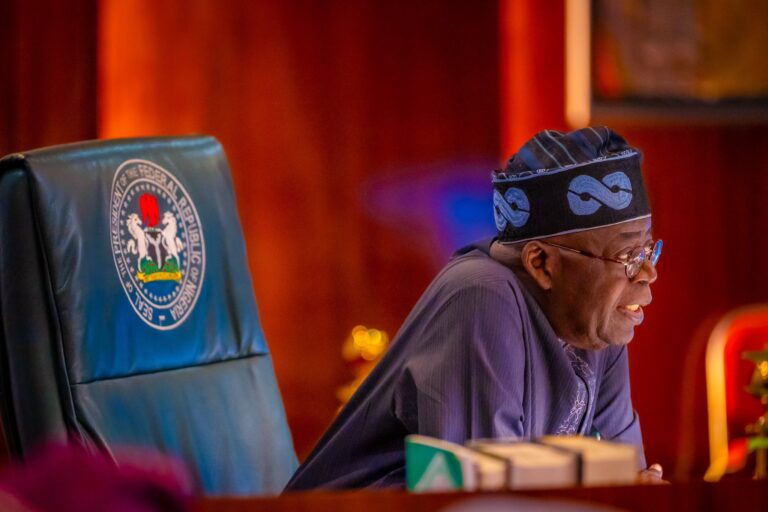As Nigeria marks its 65th Independence Anniversary, President Bola Tinubu has placed consumer credit at the heart of his administration’s economic strategy, underscoring how affordable loans are beginning to transform household spending power and entrepreneurial activity.
Under the National Consumer Credit Corporation (Credicorp), more than 153,000 Nigerians have so far accessed ₦30 billion in affordable loans, financing purchases ranging from vehicles and solar energy systems to home upgrades and digital devices.
The initiative reflects a deliberate shift toward expanding access to finance in ways that support everyday Nigerians, not just large businesses. “Credicorp… has granted 153,000 Nigerians affordable loans for vehicles, solar energy, home upgrades, digital devices, and more,” the president said in his independence broadcast.
Alongside Credicorp, the government has rolled out YouthCred, a parallel scheme targeting younger Nigerians, especially members of the National Youth Service Corps (NYSC). Tens of thousands of corps members are now using the facility to secure credit for resettlement, with the administration promising deeper support for youth-led ventures in technology and the creative economy.
The broader economic picture painted by Tinubu emphasizes that reforms are beginning to yield measurable results:
-
GDP growth hit 4.23% in Q2 2025, Nigeria’s fastest pace in four years and ahead of IMF projections.
-
Inflation slowed to 20.12% in August 2025, its lowest level in three years.
-
Non-oil revenue surpassed ₦20 trillion by August, with September collections alone hitting ₦3.65 trillion, up 411% from May 2023.
-
External reserves climbed to $42.03 billion, the highest since 2019.
For many observers, the emphasis on consumer credit as a growth lever signals a policy pivot from short-term subsidies toward long-term empowerment. The first phases of Credicorp, launched in 2024, focused on locally assembled vehicles, motorcycles, and tricycles, in partnership with manufacturers like Simba (TVS). With recapitalization and expansion underway, the scheme could evolve into one of Nigeria’s most significant social and economic stabilizers.
By embedding credit access into its reform blueprint, the Tinubu administration is betting that more inclusive finance will not only strengthen households but also drive demand for locally made goods, helping anchor Nigeria’s economic recovery on sustainable foundations.

